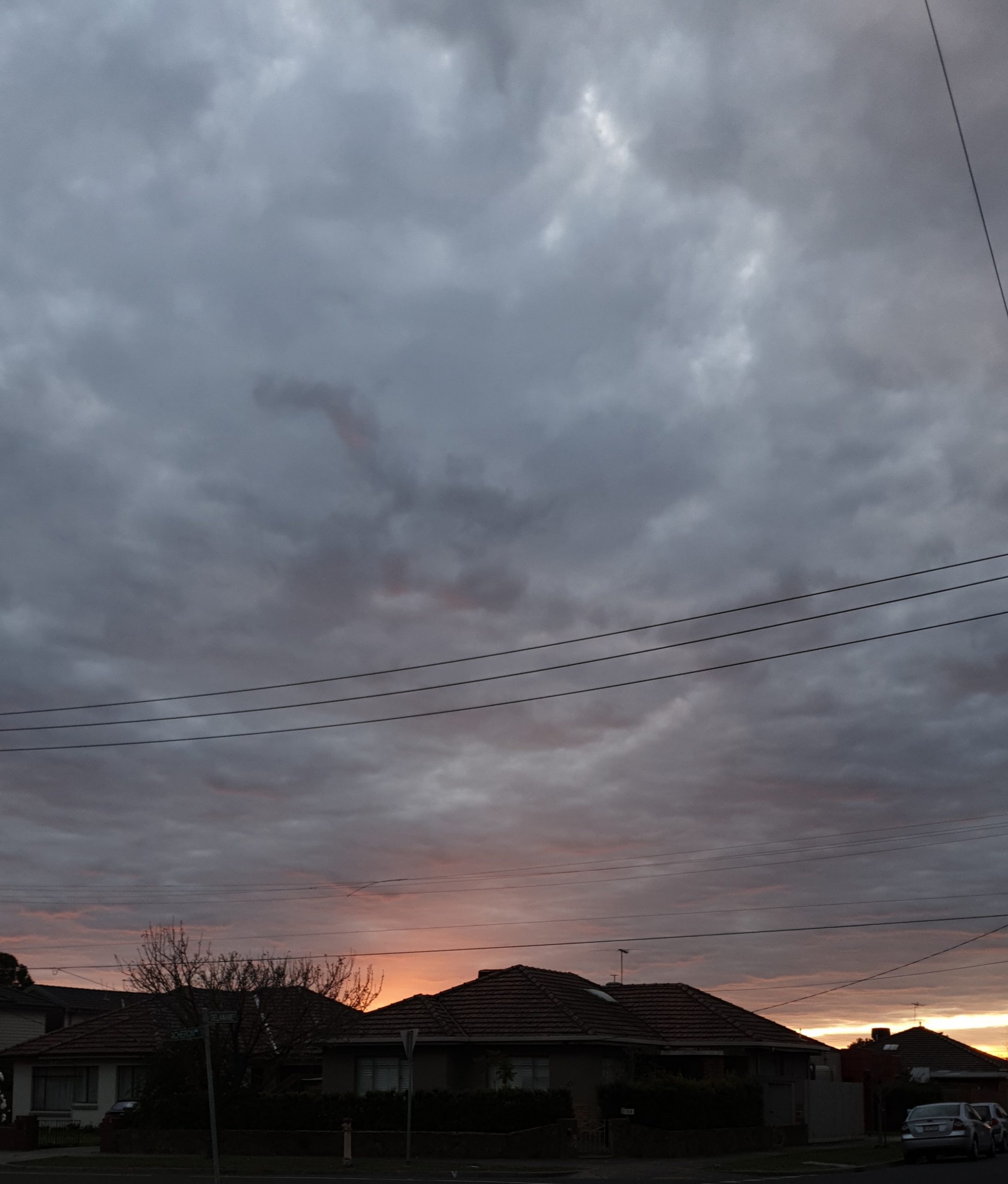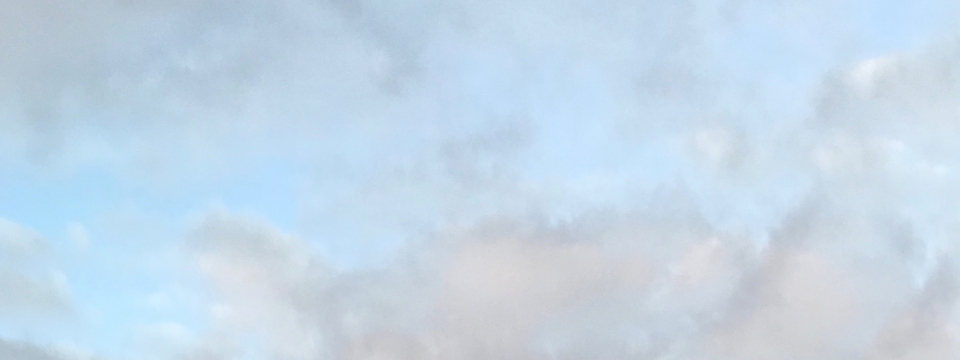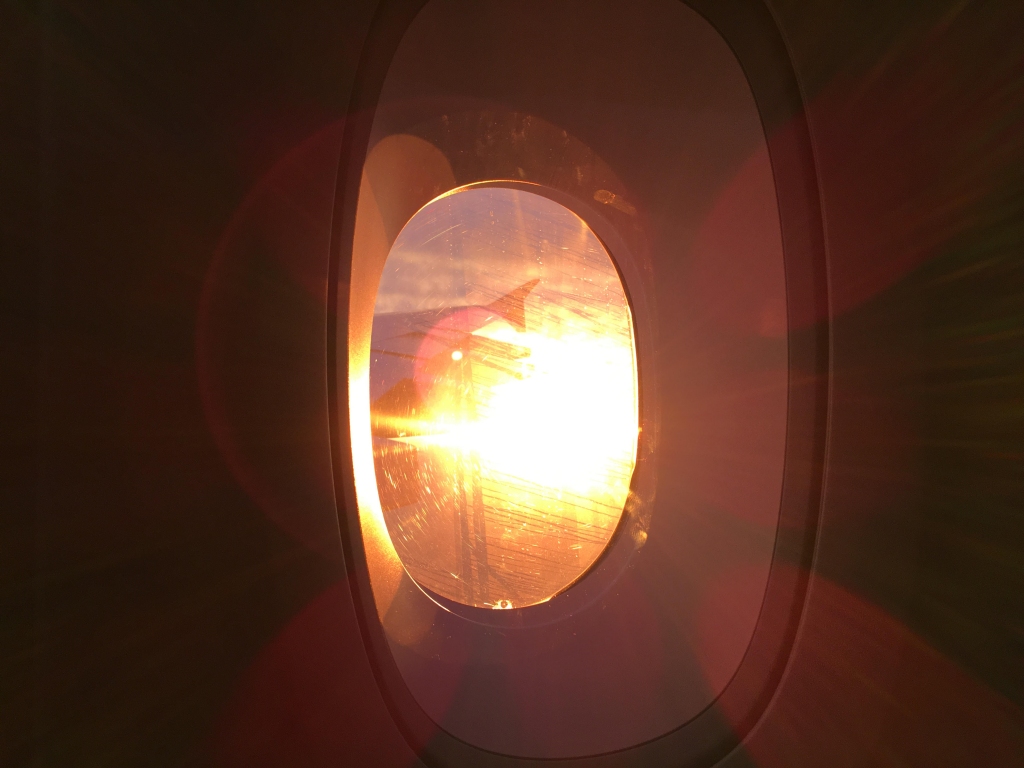Dissolving
for Rowan
Instead soften:
sun greys
buds rise
hard path
dissolves
baked mud
tomb breaks
small herbs
feather the way
roots threading
bike treads
blurring sins
other seasons’
rain calligraphy
history now
old gents
weep together
with no shame
here and now
only tsking
small birds
cock heads—
what do wrens
know anyway
rain’s not tears
things rhyme badly
this old year
wet days
go sit
instead fellow.



